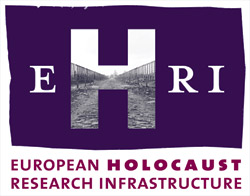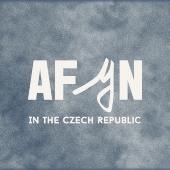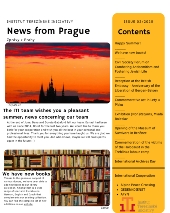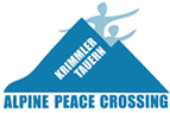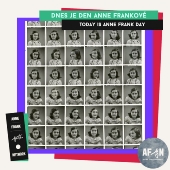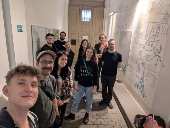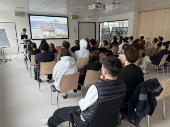Publications
The Foundation, later Terezín Initiative Institute has published number of the scientific studies and books. The main goal of the publications is to document the fates of the Holocaust Victims and to popularize the themes of the Holocaust-Shoah and the history of European Jewish persecution to specialists and general public.
The detailed list of the publications you can find in the thematic groups.
Books and other publications are possible to buy in our office:
Jáchymova 3, 2nd floor, 110 00 Praha 1 - Staré Město
best by prior arrangement:
e-mail:
institute@terezinstudies.cz
or phone:
+420 222 31 70 13
+420 222 31 92 12
You can order our publications to buy by mail after the payment to our bank account. Please contact us via mail:
institute@terezinstudies.cz
Komerční banka a.s., Spálená 51, 110 00 Praha 1
90334011/0100
IBAN: CZ5001000000000090334011
SWIFT (BIC) KOMBCZPPXXX
Three weeks have already passed since the International Youth Forum started in South Carolina, hosted by the Anne Frank Center at the University of South Carolina (USC). Our very own Ani from Afyn.cz was one of the delegates. She has shared her reflections on the experience, what she learnt, and what she will take away from it. Read her report to get a glimpse of the IYF 2025!
It's the middle of summer, and we're bringing you the latest issue of our newsletter, News from Prague. We wish you a wonderful rest of your vacation and enjoyable reading.
This week, a group of students from the US (some with Czech family ties) has visited us as part of their summer school in the Czech Republic organised by the Mestenhauser Institute for International Collaboration (MIIC).
Our GEDENKDIENST-Volunteer Laurenz joined the Alpine Peace Crossing (APC) in Krimml to cross the Austrian Alps in remembrance of the thousands of Jews who fled the antisemitism that was still rampant in Europe after 1945. Laurenz welcomed the team to Jachymka a few weeks ago.
Yesterday we celebrated Anne Frank's legacy in a creative way by showcasing the artworks submitted by talented contributors at Žižcafé Therapy.
On Saturday our GEDENKDIENST volunteer Laurenz welcomed the team of the Alpine Peace Crossing to Jachymka to show them our work.
Alpine Peace Crossing (APC) is an Austrian organization based in Krimml (Salzburg province).
Our Volunteer Laurenz was in Austria last week to promote the GEDENKDIENST program at his former school, the HAK 1 in Salzburg. Speaking to about 60 people from the 4th grade he talked about his experiences and encouraged the students to also use the opportunity to do a Gap-Year with a positive impact. Besides the remembrance work and the work and history of our institute, Laurenz told the students about the challenges and the many wonderful things that come with moving abroad and starting a new job fresh out of school.
We want to thank the HAK 1 business school in Salzburg for giving Laurenz the opportunity to promote the program and the students for their keen interest.






